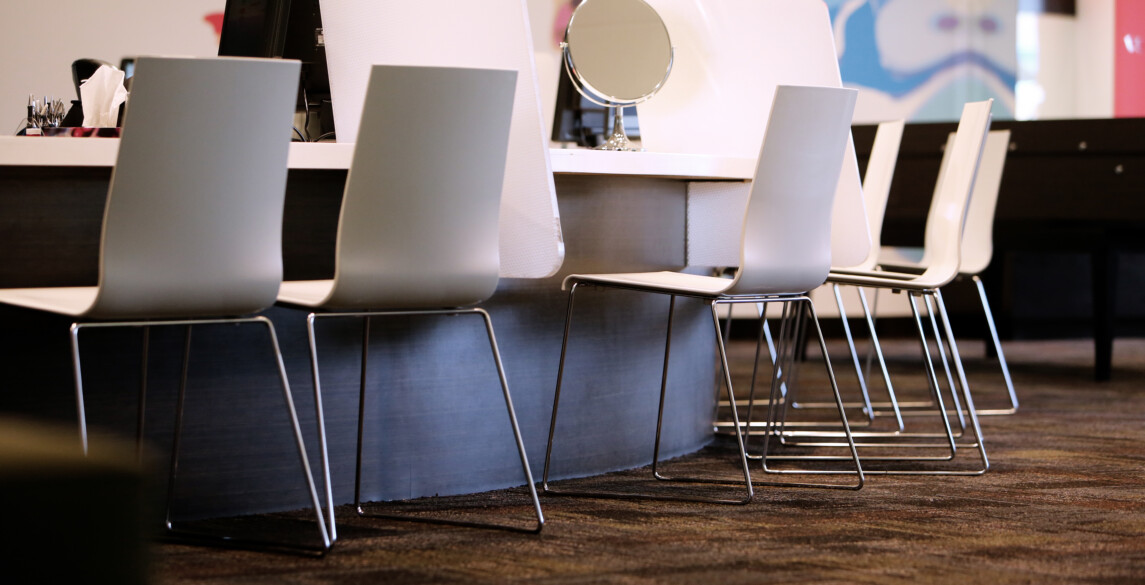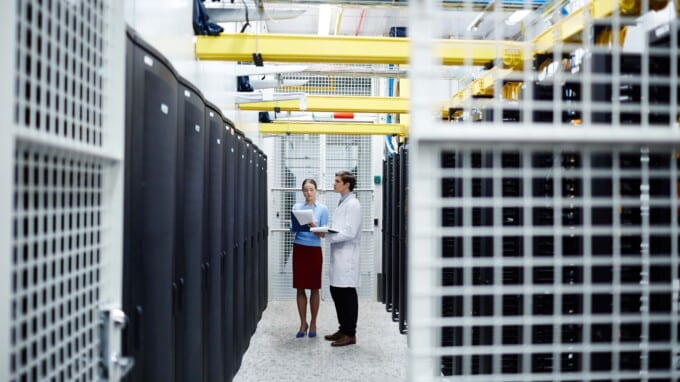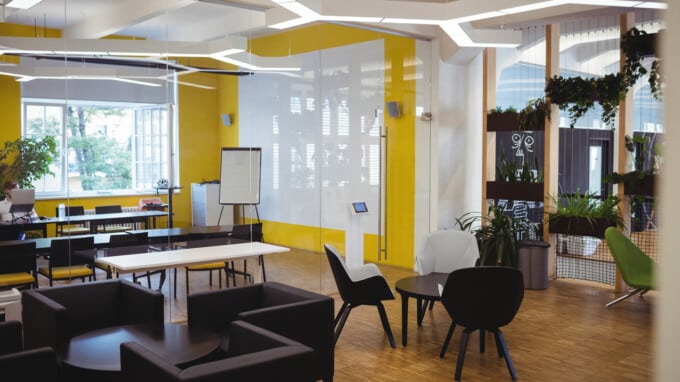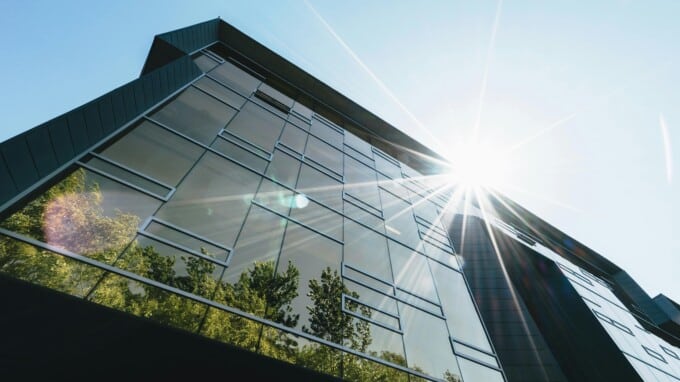Designing an office to be both “cool” and healthy
People spend a lot of time and money fixing up and decorating their homes, which is to be expected. A home that … Continued

People spend a lot of time and money fixing up and decorating their homes, which is to be expected. A home that feels like us is incredibly relaxing and is a place of refuge after a long day. As companies look for new ways to make their employees more productive, it’s no surprise that they are taking similar approaches when it comes to their office layout.
Having a “cool” office that reflects a company’s culture isn’t necessarily a new concept, but designing an office in a way that it actually promotes employees’ entire well-being (physical, emotional, mental, performance, engagement) is.
Workforce research and design experts Dr. Michael O’Neil and Phil Williams co-wrote a fascinating article, “Let’s use workplace design to promote well-being,” on the subject in The Leader. We wanted to share some highlights we found ourselves nodding along with based on our commercial relocation experience.
- Add elements of nature throughout the office: Pun intended, this is some of the lowest-hanging fruit when it comes to good office design. Things like natural sunlight, plants and other greenery can help improve employees’ focus, as well as your office’s air quality. Even nature sounds like birds or running water have shown to decrease stress and increase performance.
- Promote physical well-being: Sure, having an office gym is great if you have the space and can afford it, but few companies do. Simply giving employees the means to stand and work (i.e., a standing desk) is an easy (and cheap) way to keep them healthy, especially with studies that show sitting all day is just as bad as smoking.
- Be open, but not too open: Positive social interaction helps reduce stress, depression and blood pressure, not to mention the connection between collaboration and creativity. But don’t necessarily go “all in” on open-office layouts. Workers, especially introverts, can still benefit from having dedicated personal space to focus on particularly mentally challenging tasks.
We see the impact office design has on a business’ productivity – and subsequently its bottom line – all the time. But as research continues to demonstrate, it also can have a significant impact on employees’ health.


